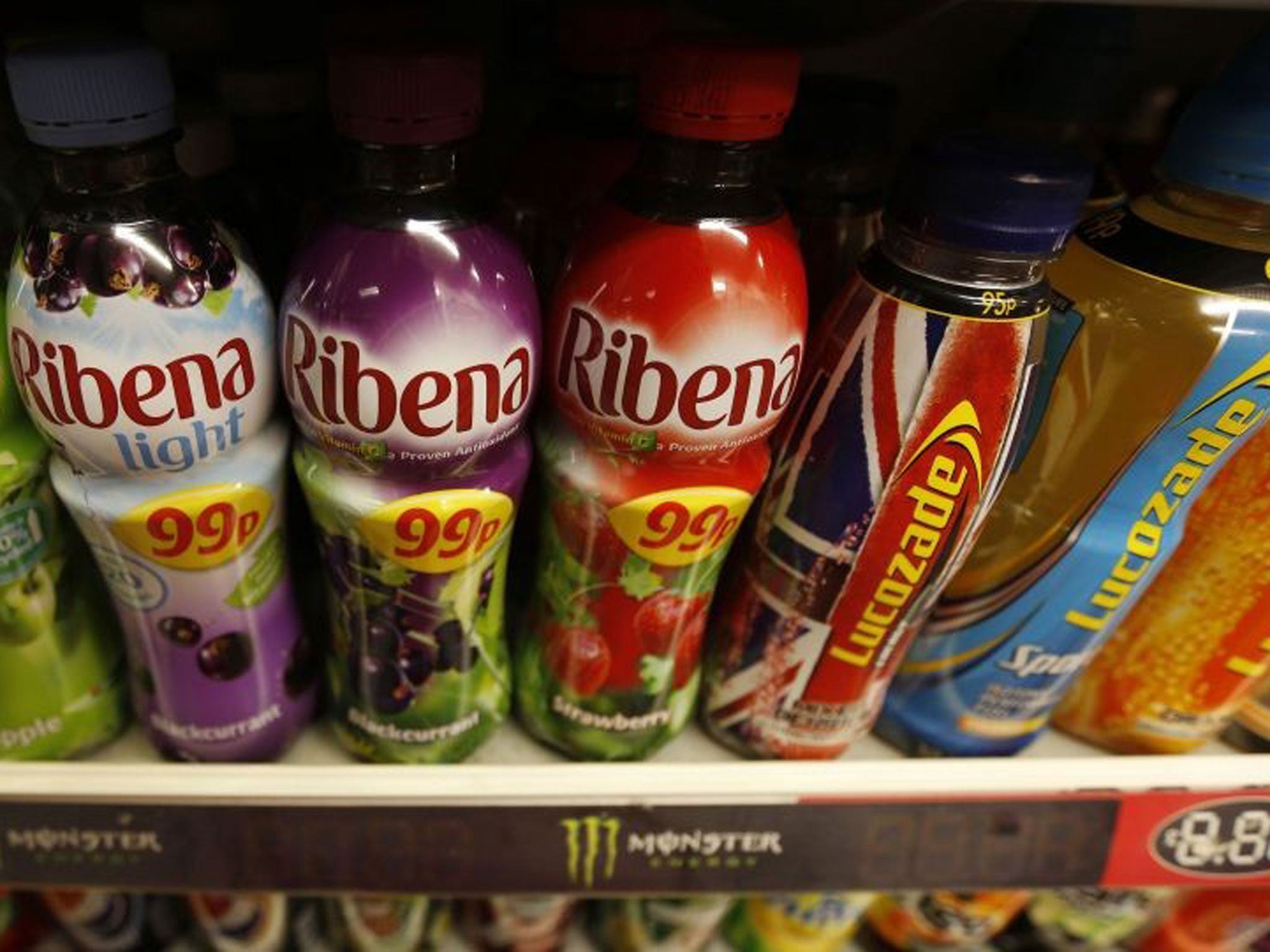Japanese clinch £1.35bn Ribena and Lucozade buy from GlaxoSmithKline
The drinks are made in the UK at a factory in Coleford, Gloucestershire, which employs around 500 staff

Your support helps us to tell the story
From reproductive rights to climate change to Big Tech, The Independent is on the ground when the story is developing. Whether it's investigating the financials of Elon Musk's pro-Trump PAC or producing our latest documentary, 'The A Word', which shines a light on the American women fighting for reproductive rights, we know how important it is to parse out the facts from the messaging.
At such a critical moment in US history, we need reporters on the ground. Your donation allows us to keep sending journalists to speak to both sides of the story.
The Independent is trusted by Americans across the entire political spectrum. And unlike many other quality news outlets, we choose not to lock Americans out of our reporting and analysis with paywalls. We believe quality journalism should be available to everyone, paid for by those who can afford it.
Your support makes all the difference.Ribena and Lucozade were today sold to the Japanese for £1.3bn — the price of 2.3 billion cartons of the blackcurrant drink.
GlaxoSmithKline, Britain’s biggest drugmaker, put the drinks up for sale in February as part of chief executive Sir Andrew Witty’s push on healthcare brands and vaccines.
Private equity firms including Blackstone and Lion Capital were thought to be interested in the brands but Japan’s Suntory Beverage & Food, which entered the European market four years ago when it bought Orangina Schweppes for £2.2 billion, won out.
Suntory secured global rights to the drinks, which together have sales of £500 million a year, and GSK’s Coleford manufacturing site in the Forest of Dean. “The vast majority of employees at the site and those working on Lucozade and Ribena in commercial and R&D functions will transfer to [Suntory] under the provisions of English employment law,” Glaxo said. But it will continue to make and distribute Lucozade and Ribena under licence in Nigeria.
“Glucozade”, first manufactured by Newcastle chemist William Owen in 1927, has become the second-biggest soft drinks brand in the UK last year, according to retail analyst Nielsen.
David Redfern, chief strategy officer at GSK, which is facing claims of corruption at its Chinese business, said: “Lucozade and Ribena are iconic brands that have made a huge contribution to GSK, but now is the right time to sell them as we increase the focus of our consumer healthcare business and execute the delivery of our late stage pipeline of pharmaceuticals and vaccines.”
Join our commenting forum
Join thought-provoking conversations, follow other Independent readers and see their replies
Comments